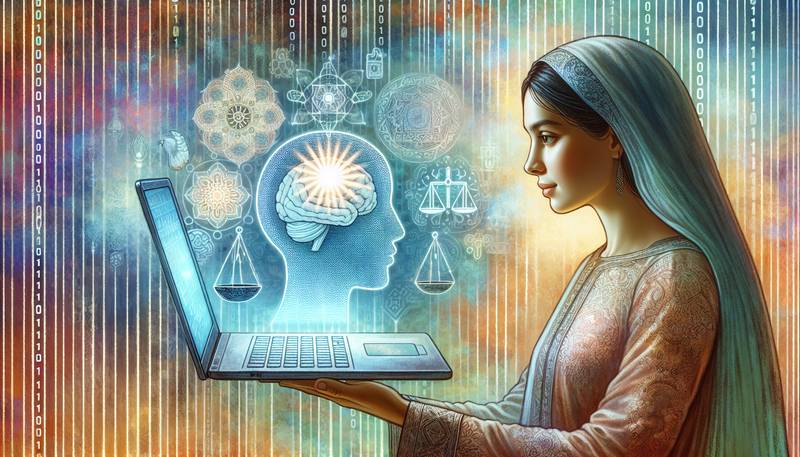Tech and Mental Health: The Digital Approach to Wellbeing

Introduction
Mental health is a crucial aspect of our overall well-being, and in today’s digital age, technology is playing an increasingly important role in how we manage our mental health. From apps and wearables to online therapy and virtual support groups, the digital approach to mental health is transforming the way we think about and address our emotional well-being. In this article, we’ll explore the intersection of tech and mental health, and how the digital approach to wellbeing is making a positive impact on our lives.
The Rise of Mental Health Apps
The proliferation of smartphones has led to the development of a wide range of mental health apps designed to help users manage their emotional well-being. These apps offer a variety of features, including mood tracking, meditation guides, and even virtual therapy sessions. With the convenience of having these tools at our fingertips, it’s easier than ever to take control of our mental health.
One popular app, Headspace, offers guided meditation sessions and mindfulness exercises to help users reduce stress and anxiety. Another app, Talkspace, connects users with licensed therapists for virtual therapy sessions. These apps are making mental health care more accessible and affordable, especially for those who may not have access to traditional therapy.
Wearables and Mental Health
In addition to apps, wearable technology is also playing a role in mental health. Devices like smartwatches and fitness trackers can monitor a user’s heart rate, sleep patterns, and activity levels, providing valuable data that can be used to track and improve mental health. For example, a high heart rate or poor sleep quality may be indicators of stress or anxiety, and by tracking these metrics, users can take steps to address these issues.
Some wearables, like the Spire Stone, are specifically designed to help users manage their mental health. The Spire Stone tracks breathing patterns and provides real-time feedback to help users stay calm and focused. With the help of wearable technology, users can gain greater insight into their mental health and take proactive steps to improve it.
Online Therapy and Virtual Support Groups
Another digital approach to mental health is the rise of online therapy and virtual support groups. Online therapy platforms like BetterHelp and Talkspace offer users the ability to connect with licensed therapists from the comfort of their own home. Virtual support groups, like those offered by 7 Cups, provide users with a safe and supportive space to connect with others who may be experiencing similar mental health challenges.
Online therapy and virtual support groups offer several advantages over traditional therapy, including convenience, affordability, and anonymity. For those who may be hesitant to seek help in person, the digital approach to mental health care provides a valuable alternative.
The Importance of Digital Literacy
While the digital approach to mental health offers many benefits, it’s important for users to be digitally literate in order to make the most of these tools. Digital literacy refers to the ability to use technology effectively and safely, and it’s essential for users to be able to navigate the various mental health apps and platforms available to them.
For example, users should be aware of the privacy and security implications of using mental health apps and be able to evaluate the credibility of the information and resources provided. They should also be able to recognize when it’s time to seek professional help, rather than relying solely on digital tools.
The Future of Tech and Mental Health
As technology continues to evolve, the digital approach to mental health is likely to become even more sophisticated. With the rise of artificial intelligence and machine learning, we can expect to see even more personalized and effective mental health tools. For example, AI-powered chatbots may be able to provide real-time support and guidance to users, while machine learning algorithms may be able to predict and prevent mental health crises before they occur.
The integration of virtual reality and augmented reality into mental health care is also an exciting development. These technologies have the potential to provide immersive and interactive experiences that can help users manage their mental health in new and innovative ways.
Conclusion
The digital approach to mental health is transforming the way we think about and address our emotional well-being. With the help of apps, wearables, online therapy, and virtual support groups, we have more tools at our disposal than ever before to manage our mental health. As technology continues to evolve, we can expect to see even more exciting developments in the field of tech and mental health. It’s an exciting time to be taking a digital approach to wellbeing, and the future looks bright for those seeking to improve their mental health through technology.


